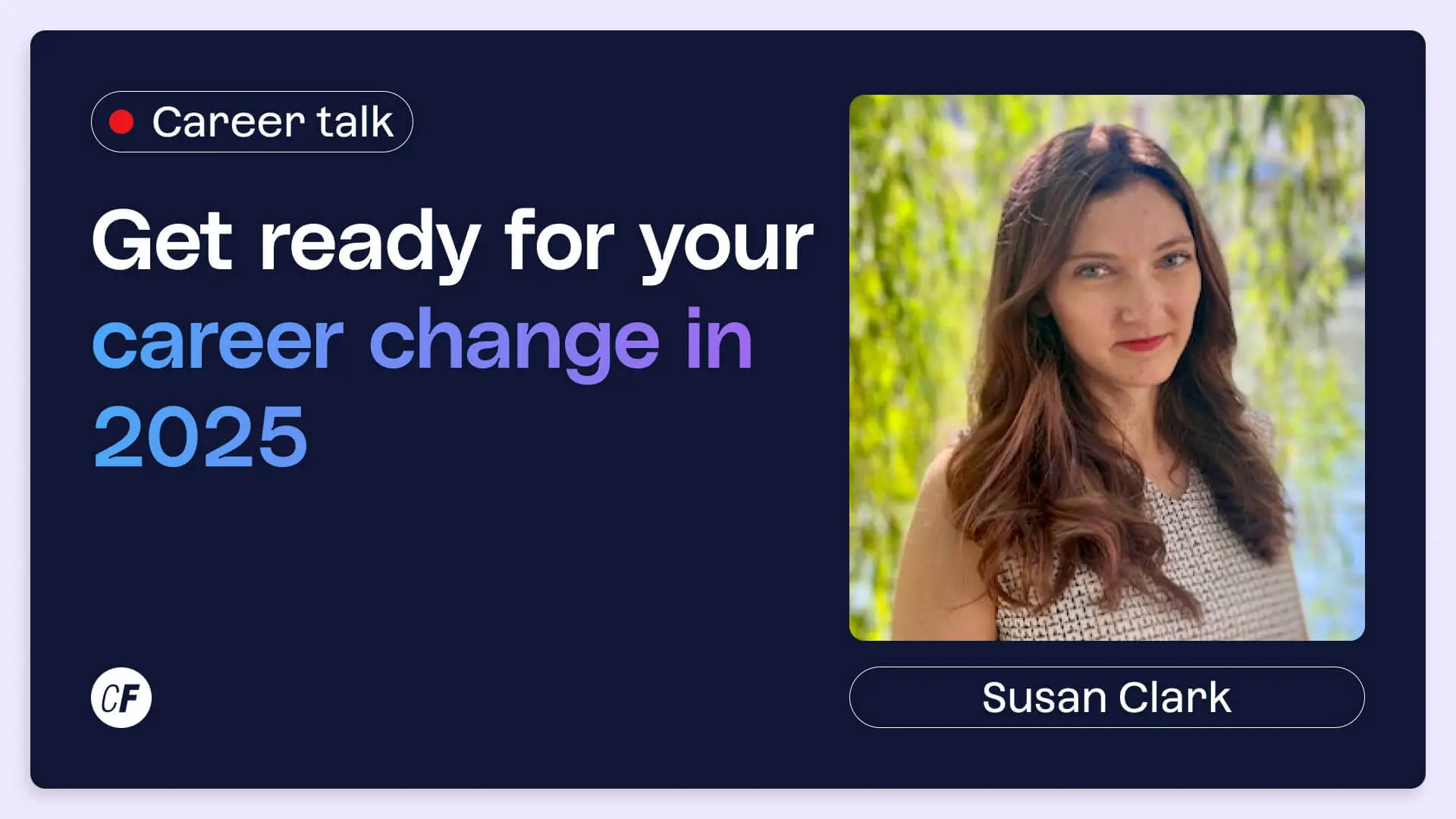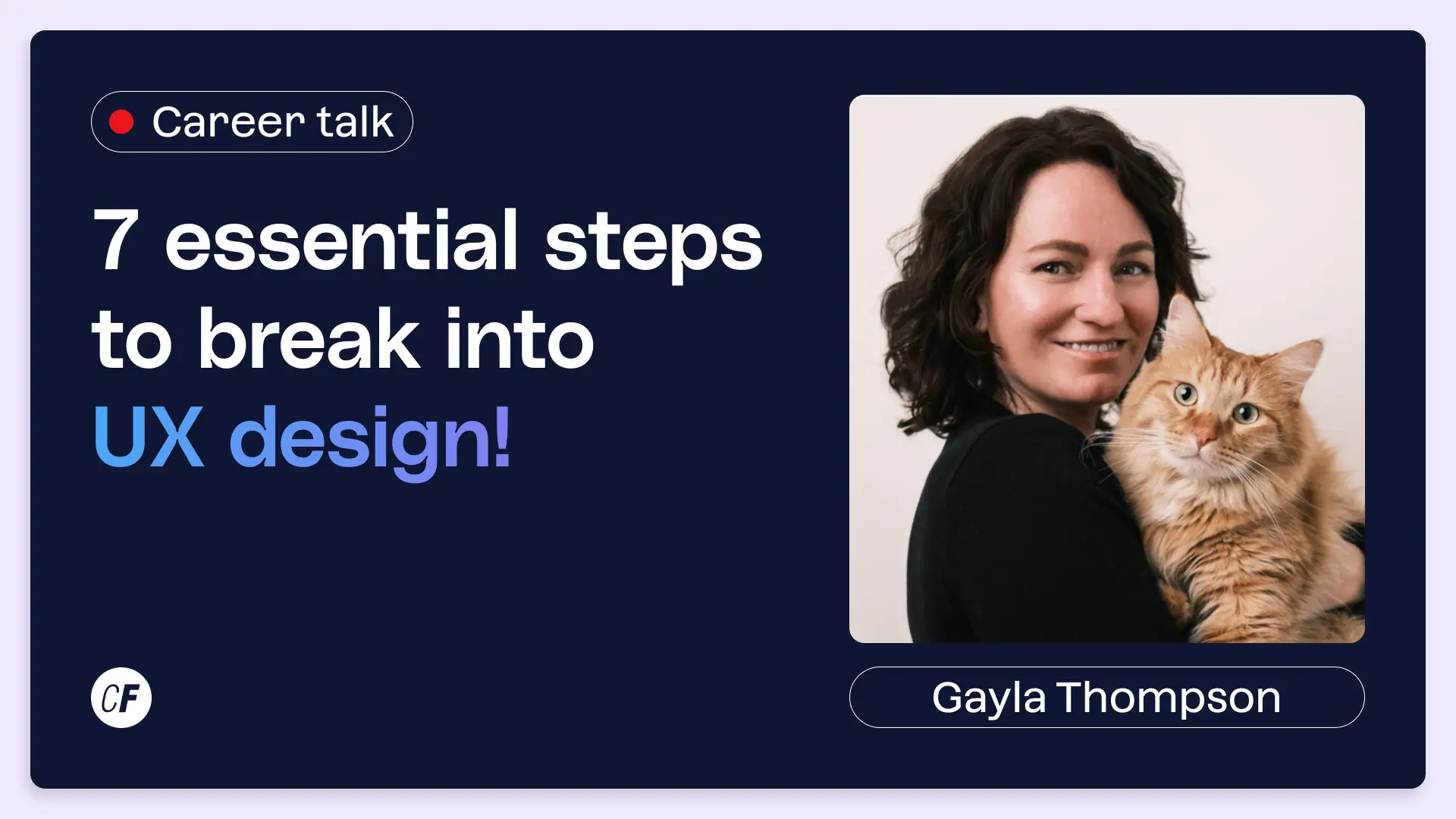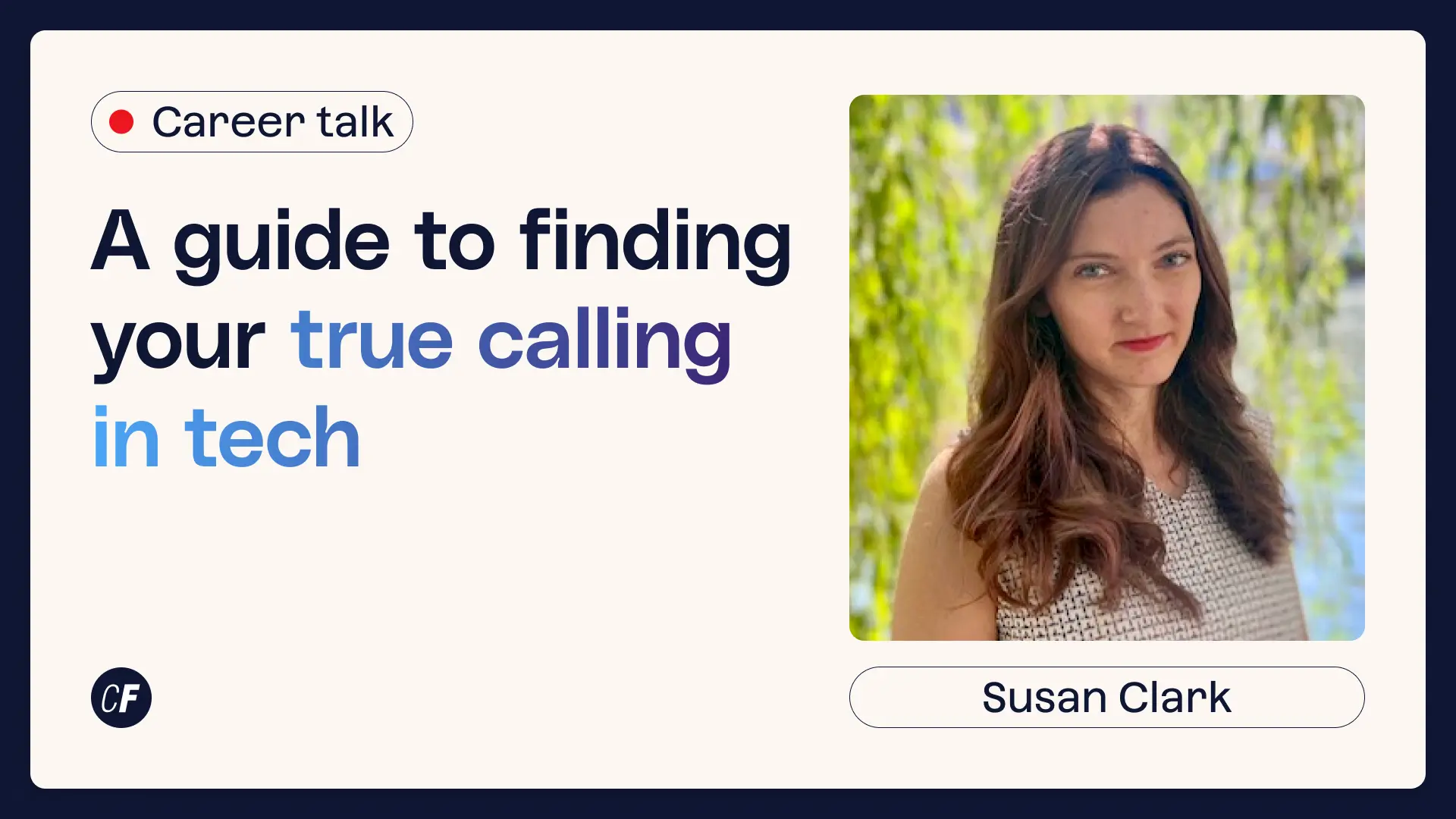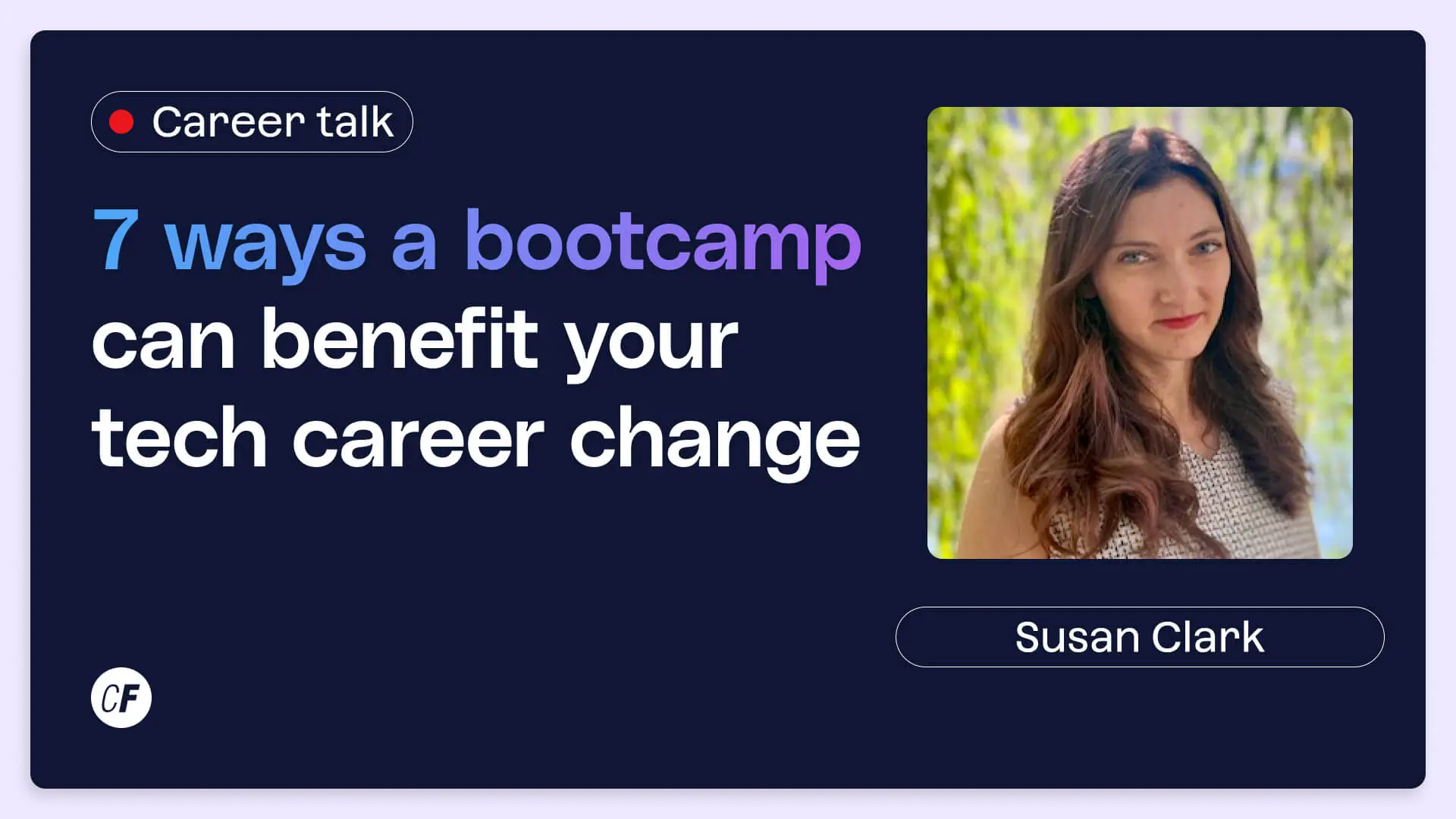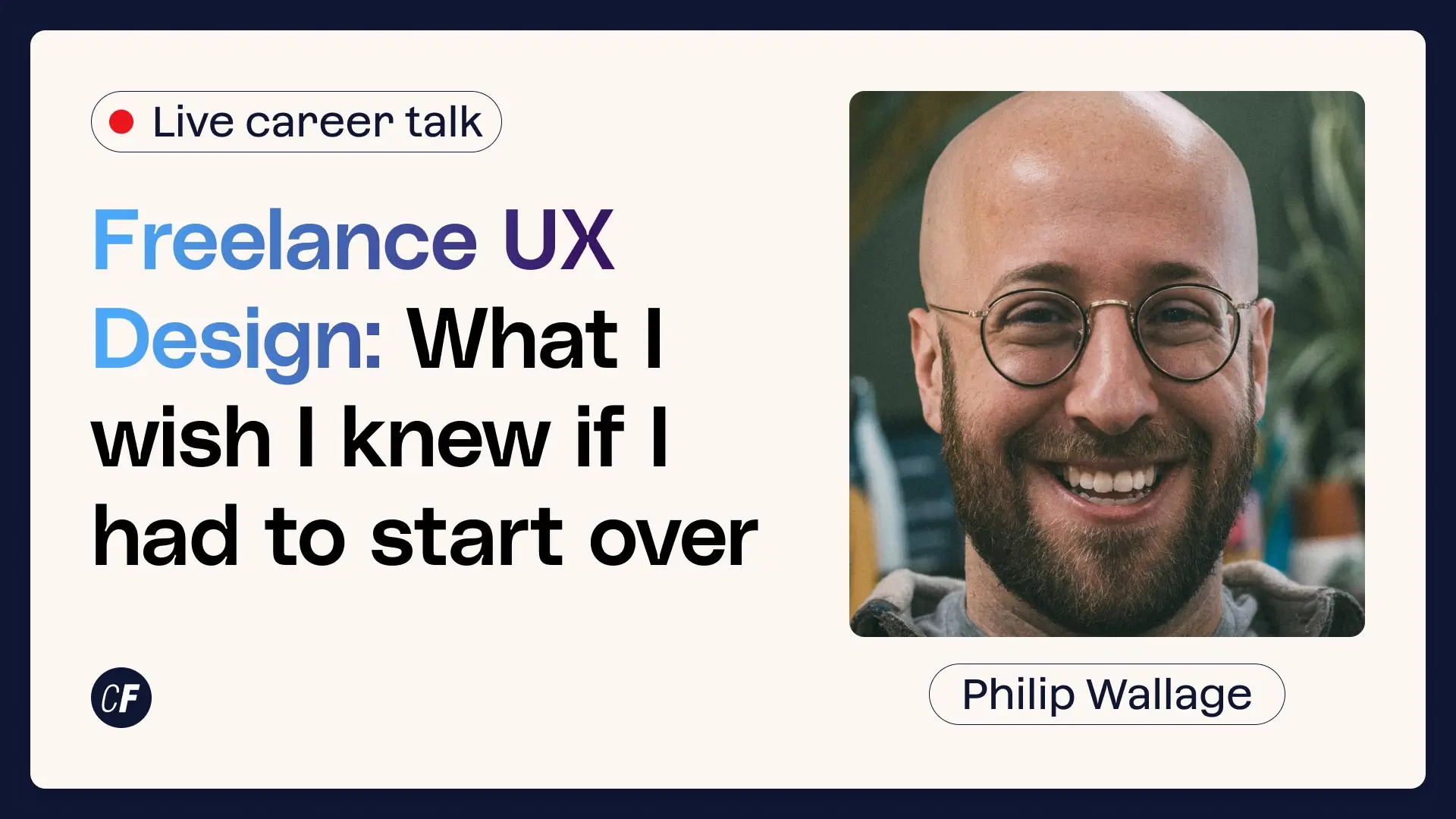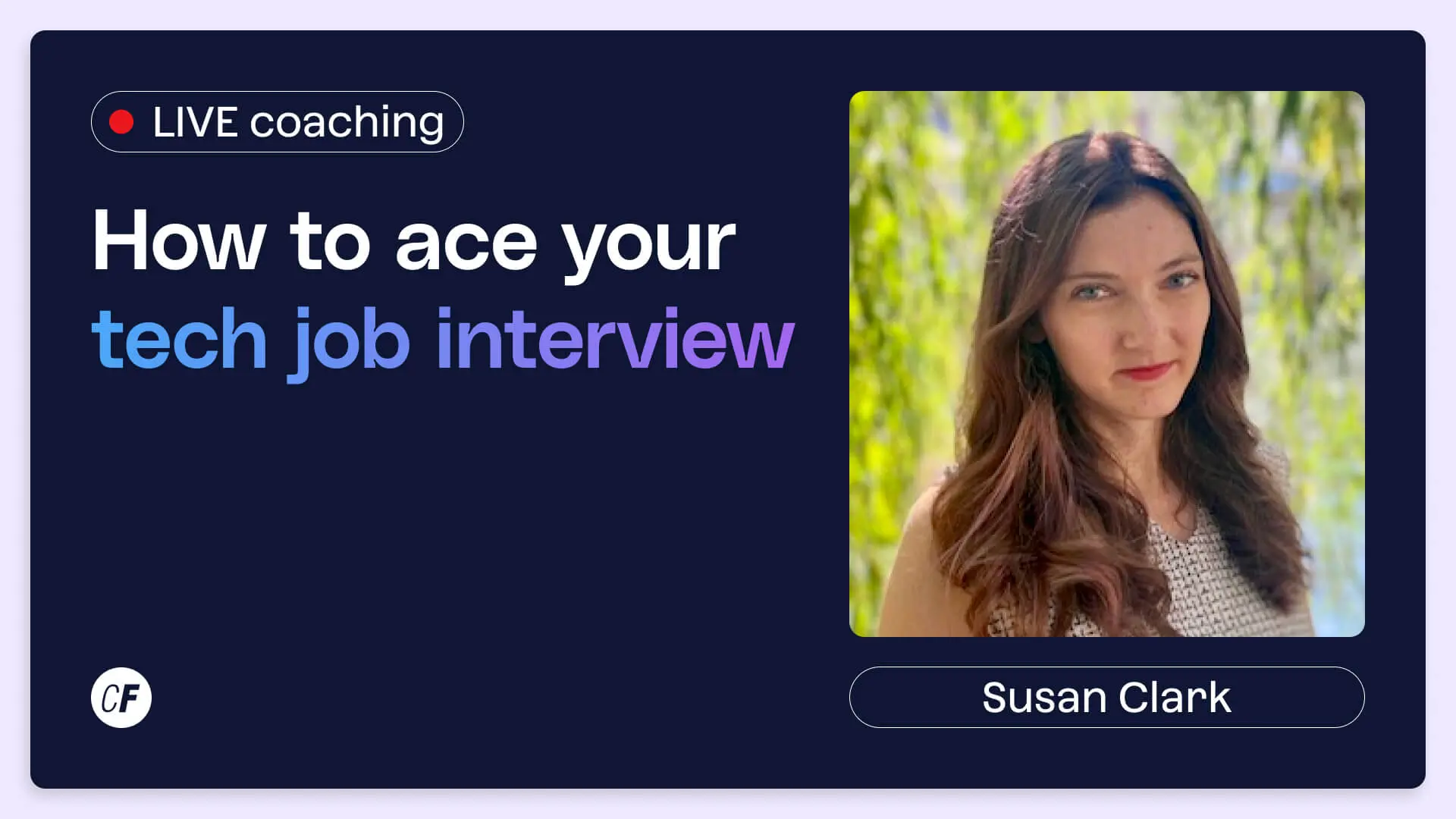How To Become a UX Researcher
UX research takes a deep dive into the real needs and goals of the people who use a product or engage with an experience. It’s one of the most humanizing aspects of the product design process.
But what exactly is UX research, and why does it matter? What does good UX research even look like? What skills do you need to be a great UX researcher? Let’s have a quick look at these questions.
What is UX research and why does it matter?
UX research is the process of connecting directly with the people who use or engage with the product or service you’re designing—with a clear set of objectives for what you want to find out about their experience, needs, and goals. The aim is to gather information that will:
- Allow you (or others on your team) to focus their efforts in the right direction
- Guide the product development process in ways that result in a product that actually works better for your actual users
And if that’s not enough, UX research also connects you with your users’ needs and pain points, and helps you approach the design process with empathy—which is key to UX design.
The reality is that there is no UX design without user research—because you can’t design great user experiences without first taking the time to listen and learn from the people you’re designing for!
Beyond this, inclusive UX research can influence the design process, resulting in more equitable and inclusive products and services that work well for a broader spectrum of humanity, and even combat larger socio-cultural problems.
What does UX research look like?
There are many forms that UX research might take, all depending on what it is you want to find out. Broadly speaking, you can break it down into two categories: qualitative and quantitative research. In a nutshell, qualitative UX research focuses on gathering non-numerical, subjective information; quantitative research focuses on the more quantifiable aspects of research.
For example, you might want to hear about how users move through a particular user flow, and what frustrations or obstacles they encounter. To gather this information, you might conduct a series of user interviews or usability tests. This is what’s known as qualitative UX research.
On the other hand, you might need to find out how many users click or tap over to one screen or user flow over another. Or perhaps you want to know if one version of a screen is more effective than another. You could find answers to these respective questions through an analytics tool or an A/B test. These are examples of quantitative research.
One isn’t better than the other on the whole—but there are certainly times when one is better suited than the other, depending on the task at hand!
To learn more about how to conduct UX research, check out this 5-point roadmap for any research project.
What skills do you need to become a UX researcher?
Of course these expectations can vary from one company (or role) to the next, but here’s our shortlist of UX research skills to hone if you want to pursue this career path:
- Empathy. This is absolutely essential.
- Critical thinking. You’ll need to think through problems and figure out how to find answers, as well as synthesize research data and find useful ways to deliver it to others in the company.
- Communication and collaboration. As a UX researcher, you’ll rarely be isolated in your process. From speaking directly with users (in ways that allow them to share openly about their needs and experiences) to communicating users’ needs to designers, developers, and other stakeholders—you’ll do a fair amount of talking and working with other people.
- Knowledge and experience with a variety of UX research methods and tools—including tools for remote UX research. You can read about most of these methods and tools, but nothing beats hands-on experience, and the best UX bootcamps will give you the opportunity to do just that.
These are a few of the core skills that will help you kickstart a career in UX research. For a deeper understanding of these skills, and for more tips about how to get hired as a UX researcher, check out the event recording at the top of this page!
Featured presenters

Jaclyn Shea
User Experience Researcher
Jaclyn Shea is a User Experience Researcher at Verily Life Sciences, an Alphabet health technology company. At Verily, she conducted research to inform software and hardware products related to COVID-19 care and testing, substance abuse treatment, chronic disease management, clinical trial management, and more. Jaclyn got her Masters in Public Health in the department of Health Behavior at UNC Chapel Hill, where she focused on qualitative research to design novel HIV prevention products, like an arm implant. Jaclyn loves science communication so much that she also teaches people how to transform their lives by connecting with their bodies; you can find her work on Instagram @jaclynexplains.


